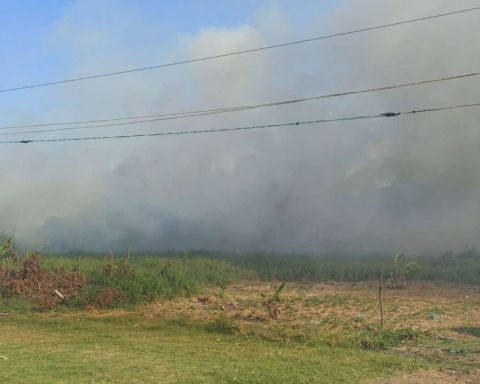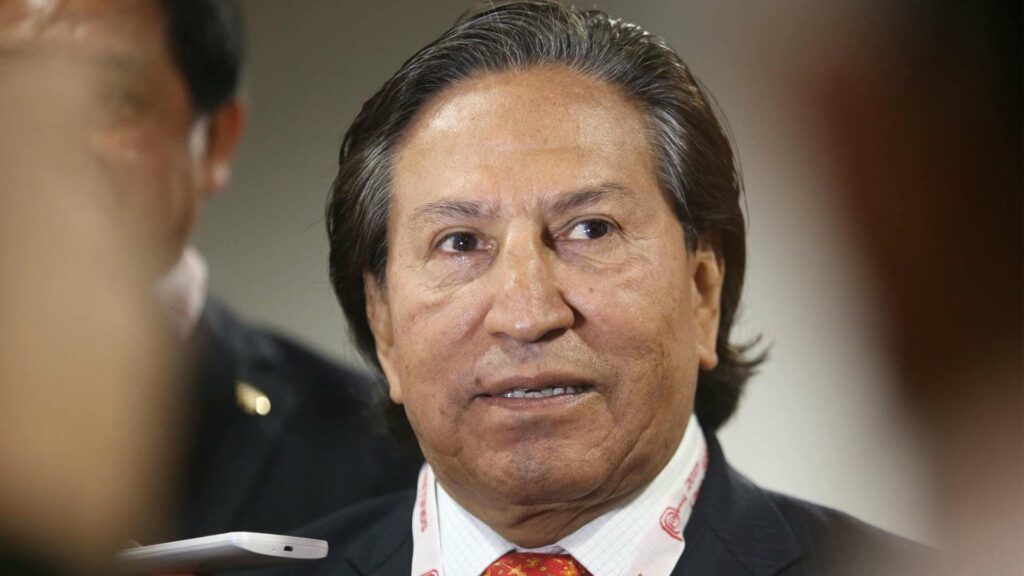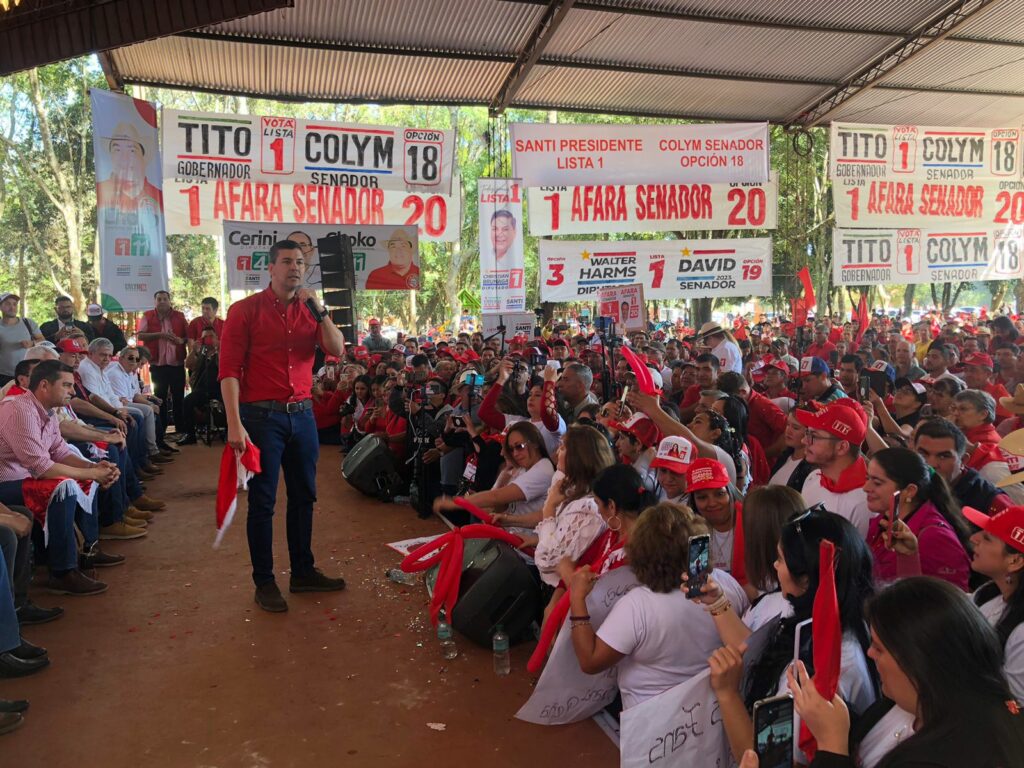The war between two rival generals in Sudan entered its second week this Saturday, April 22, leaving hundreds dead. The international community has called for a ceasefire, without success
The situation is extremely tense and dangerous on the streets of Khartoum, the capital of Sudan. For a week now, the factions of two enemy generals have been fighting violently for control of the country.
This Saturday, April 22, the inhabitants of Khartoum experienced a new day of confrontations, with bursts of shots and strong explosions.
*Read also: Sudan records violent clashes between the army and paramilitary forces
At least 413 people have been killed and 3,551 injured since the clashes broke out on April 15. between forces loyal to the army chief, Abdel Fatah al Burhan, and his deputy Mohamed Ahmed Daglo, leader of the Rapid Support Forces (FAR) paramilitary group, according to the World Health Organization.
The army announced on Friday that it had “agreed on a three-day ceasefire” to “allow the population to celebrate Aid al Fitr and facilitate the arrival of humanitarian services”, as requested by the UN Secretary General, Antonio Guterres, and US Secretary of State Antony Blinken.
Eid marks the end of the Muslim holy month of Ramadan.
For his part, Daglo said in an online statement that he had “discussed the current crisis” with Guterres and was “focused on the humanitarian truce, safe passage and protection of aid workers.”
relentless sudan
Two truces agreed earlier in the week failed to stop the fighting.
The fighting is taking place mainly in Khartoum and in the Darfur region (west), where the situation is “catastrophic,” Cyrus Paye, a doctor from the NGO Doctors Without Borders (MSF), said on Friday.
Humanitarian organizations had to suspend their aid, essential in a country where more than a third of the population goes hungry in normal times.
In the capital, Khartoum, residents are watching food supplies dwindle and suffering from shortages of water, electricity and fuel.
Several countries such as the United States, South Korea, and Japan sent troops to nearby countries to help with the evacuation.
But the US State Department admitted on Friday that the fighting situation made an evacuation from Khartoum too risky.
Post Views: 157














